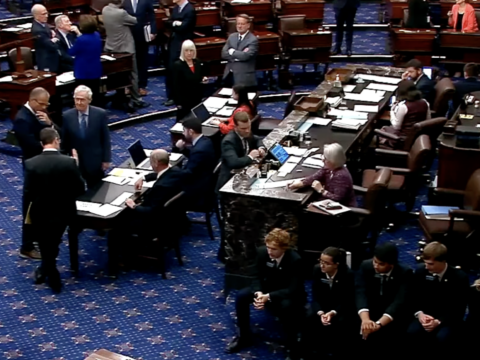WASHINGTON (Diya TV) — In an unexpected revelation, Defense Secretary Lloyd Austin disclosed his battle with prostate cancer, a diagnosis made last month that led to a successful surgical procedure. The announcement has shed light on the personal health challenges faced by one of the key figures in the Biden administration.
The journey began with routine lab tests in early December, which uncovered the presence of prostate cancer. Taking swift action, Austin underwent a minimally invasive surgical procedure, known as a prostatectomy, on December 22. The surgery, performed under general anesthesia, was deemed successful, and Austin returned home the following morning.
However, complications arose post-surgery, prompting Austin’s readmission to Walter Reed National Military Medical Center on January 1. The complications, including nausea and severe abdominal, hip, and leg pain, resulted in intensive care unit (ICU) admission.
Medical evaluations revealed a urinary tract infection on January 2, leading to the decision to transfer Austin to the ICU for close monitoring and enhanced care. Subsequent examinations uncovered abdominal fluid collections affecting the function of his small intestines. Treatment involved non-surgical drain placement and addressing the backup of intestinal contents.
Despite these challenges, Austin, 70, remained conscious throughout his hospital stay and never underwent general anesthesia. Doctors emphasized that his infection has cleared, and he is steadily progressing, with an anticipated full recovery, albeit acknowledging that recovery from such procedures can be gradual.
The prostate cancer diagnosis and subsequent treatment were kept private until Tuesday when Walter Reed officials made the information public. The timing of the announcement has raised questions about the administration’s approach to communicating health matters, especially for high-profile figures like the Defense Secretary.
While President Joe Biden and top White House officials were only informed of Austin’s hospitalization on Thursday, the specific details of the cancer diagnosis were disclosed on Tuesday morning, hours before the public announcement. The delay has led to discussions about the balance between personal health matters and the need for timely communication within the administration.
Austin’s ongoing recovery is closely monitored, with the Pentagon assuring the public that he remains actively engaged in his duties. The incident not only highlights the personal health challenges faced by public figures but also underscores the importance of transparent and timely communication about such matters.




